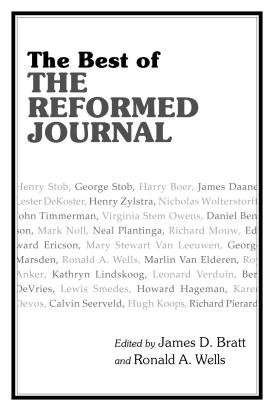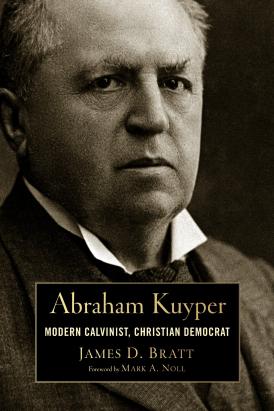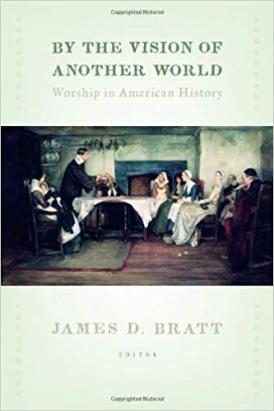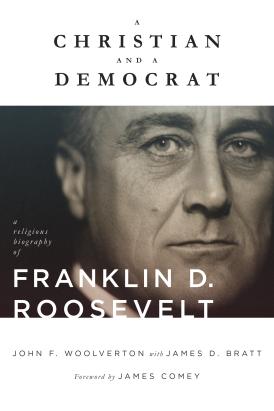Biography
Prof. Bratt enjoys reading and writing at the cottage that he and his wife own near Lake Michigan. He regularly volunteers in local political campaigns and has served several terms on the council of his local church. Since retiring from Calvin in 2016, he taught a year at Xiamen University in China on a Fulbright grant and on the fall semester 2017 and 2019 voyages of the Semester at Sea, which rounded the world from Hamburg to San Diego via eleven ports of call. He enjoys visiting his children who currently live in Milwaukee, Cincinnati, Seattle, and Shanghai. He has flown in and/or out of 82 airports around the world and wonders how long he can keep that going. He fights the aging process by working out (cross-training and yoga) and thinks heaven will be a lot like the Lake Michigan shoreline.
Education
- B.A., History, Calvin College
- Ph.D., specialties in American intellectual and religious history and the history of immigration, Yale University
Academic Interests
Prof. Bratt's principal teaching areas include U.S. intellectual and religious history, particularly in the 19th century, and the history of colonial America. Interim courses include the history of the American Revolution and, more recently, Film Noir in American Culture, which he co-taught with Prof. William Romanowski of Calvin’s CAS department. He also will teach a two-week honors seminar next January on Alexis de Tocqueville’s Democracy in America.
Prof. Bratt's research interests on the U.S. side focus on the first great crisis in American evangelicalism (we are currently in the third) signaled by the collapse of the “Second Great Awakening” in the middle of the 19th century, and the creative alternatives that filled the gap.
In comparative history, Prof. Bratt wrote a biography of Abraham Kuyper (1837-1920), a Dutch religious and political leader whose life and thought are particularly relevant to current questions about church-state relations and the role of religious viewpoints in cultural affairs.
Read Jim Bratt's posts on Historical Horizons, the history department blog.












